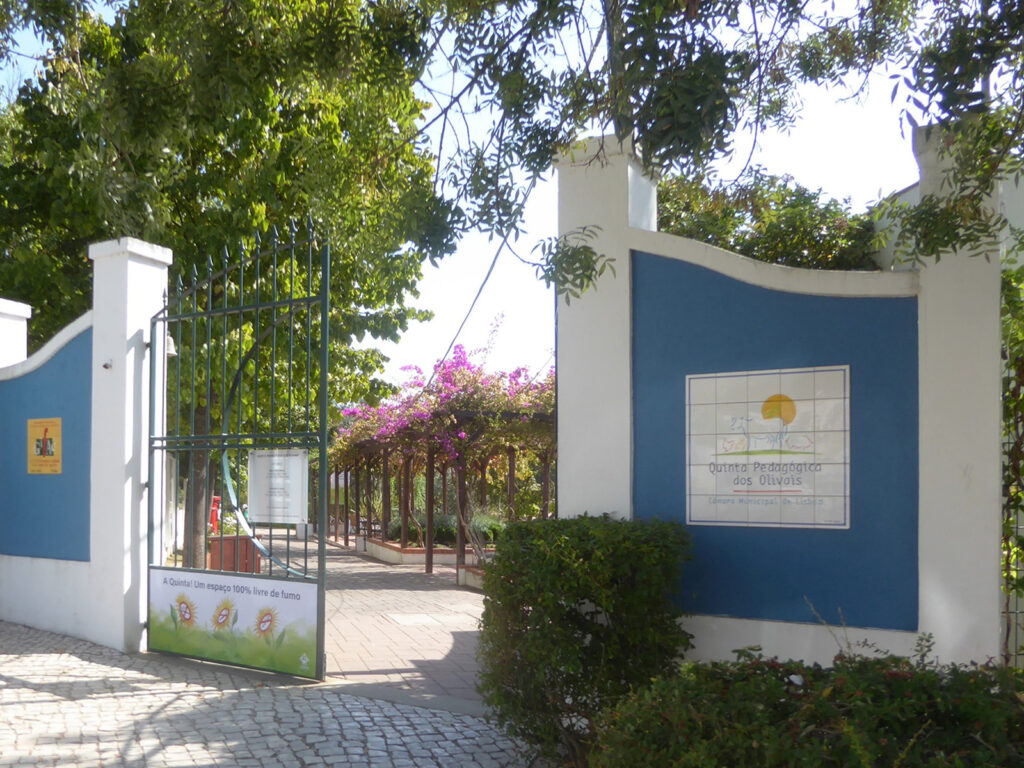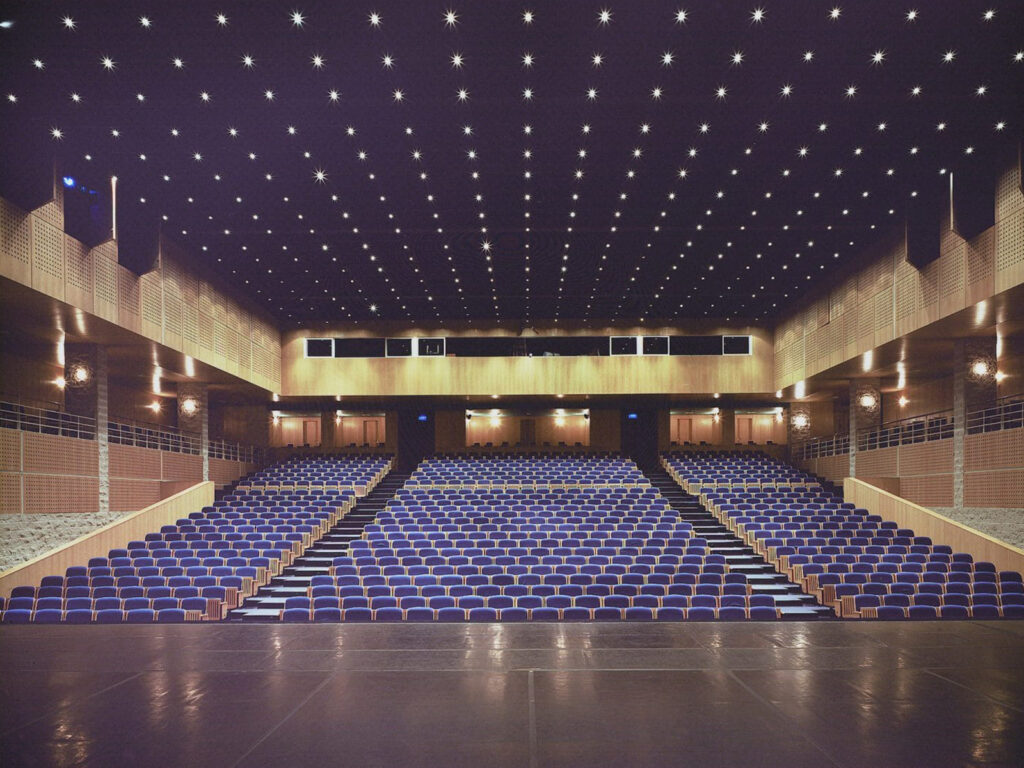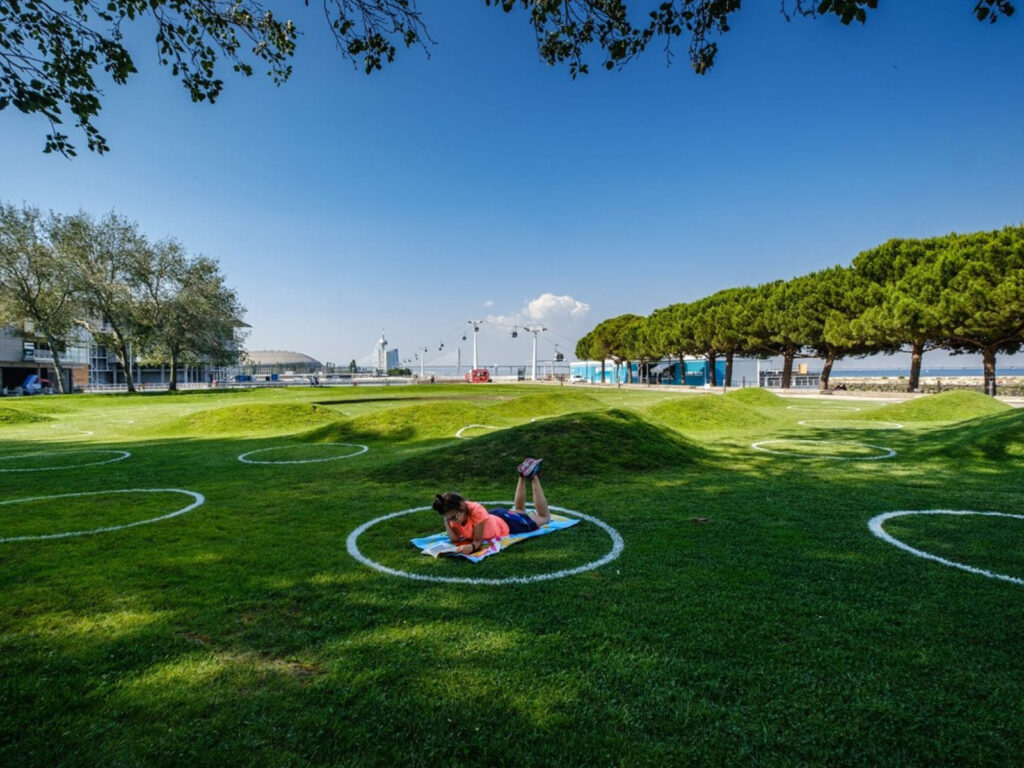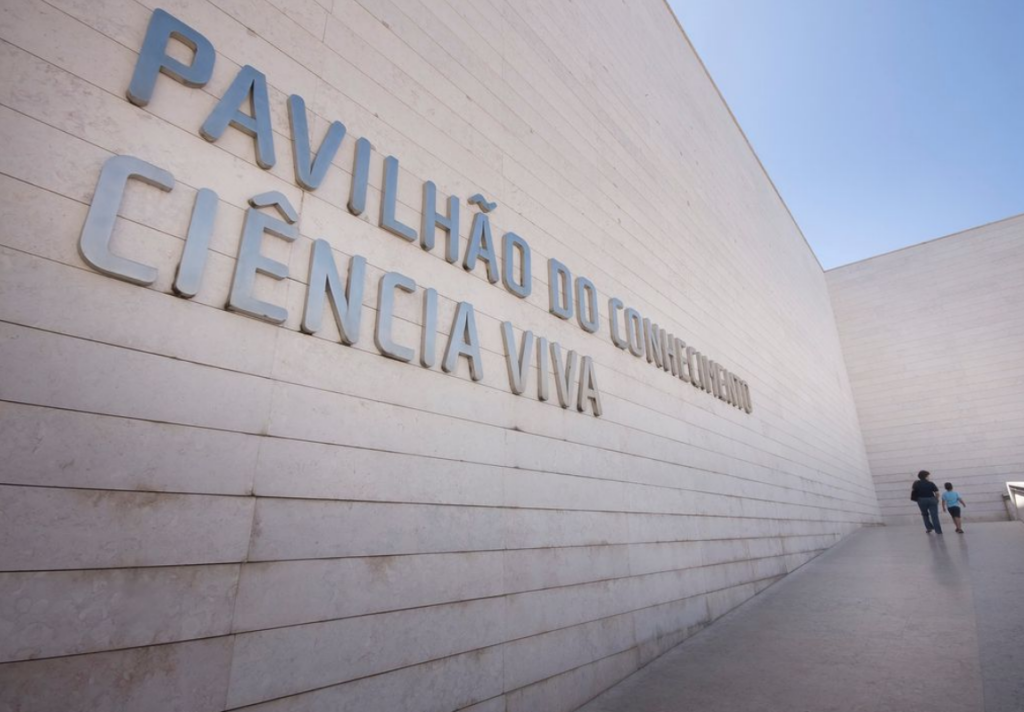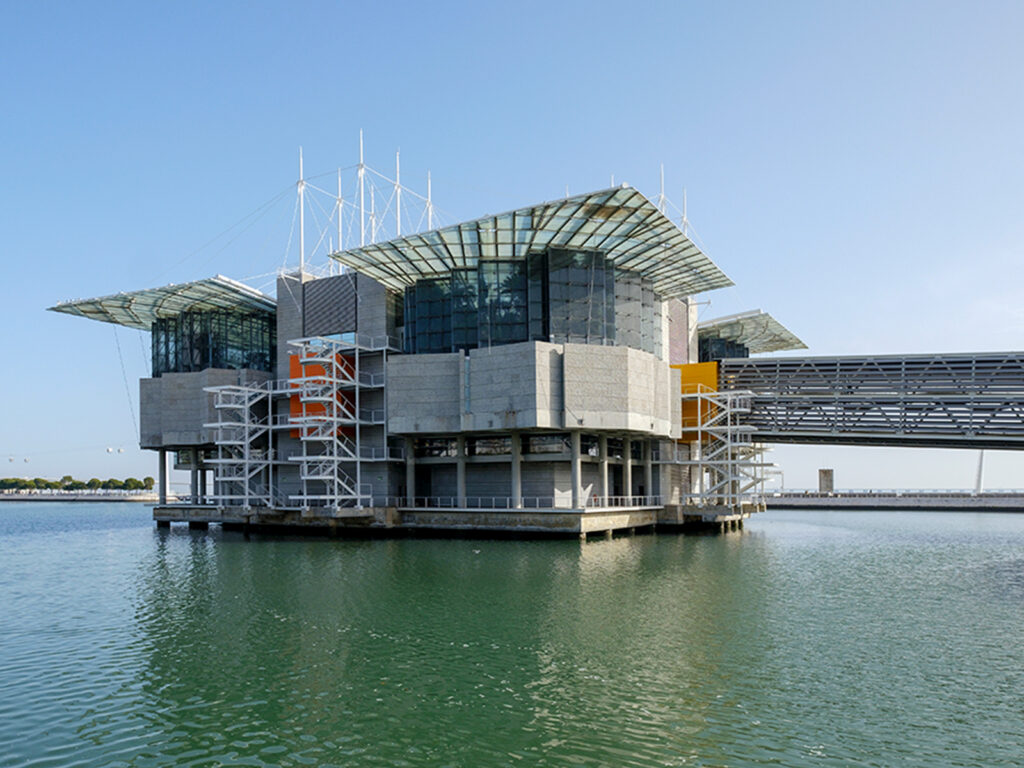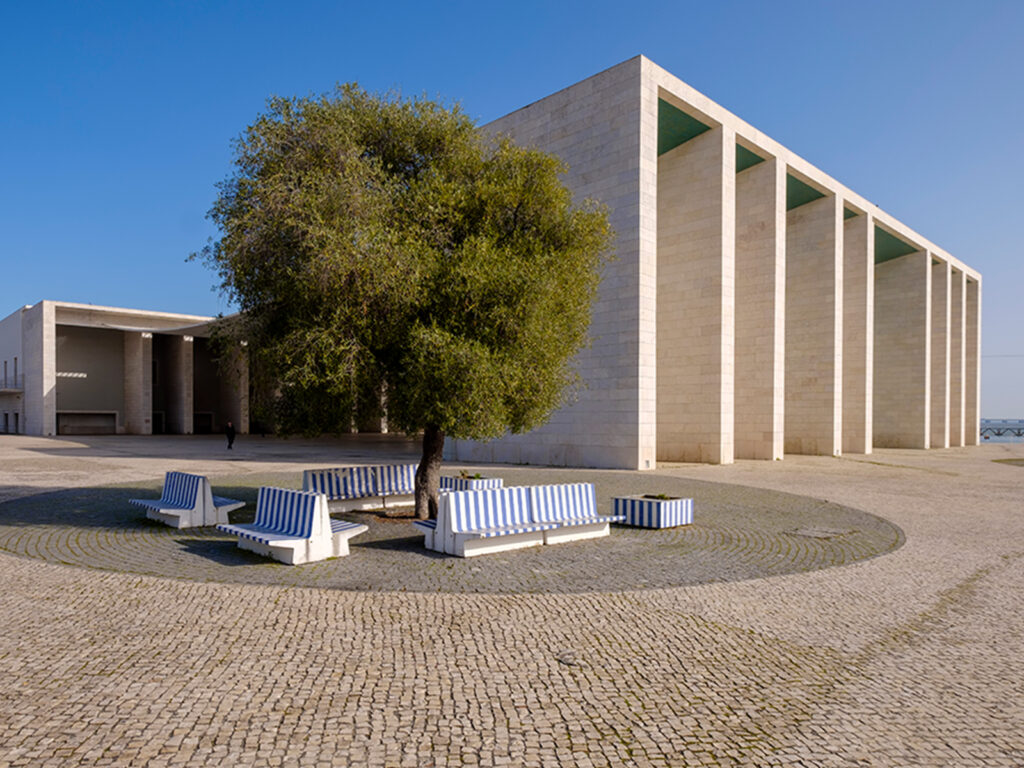Parque das Nações and Olivais, modernity and tradition
Built in the space that hosted Expo’98, Parque das Nações is the most modern neighborhood in the Portuguese capital that very quickly conquered companies, hotels and residents surrendered to its qualities. But this new area to the East of Lisbon is also a place of enjoyment for all Lisboners and visitors who are enthusiasts of outdoor sports, lovers of gardens and green parks and lovers of art, culture and entertainment.
In an area of about 340 hectares – a third of which is occupied by green spaces – stretching for five kilometers along the Tagus River, Parque das Nações is a paradise for runners, cyclists, skaters and hikers who find ideal conditions here. for the practice of sport in a natural environment.
But there are many other reasons to enjoy this riverside area of the city. The legacy of Expo’98 provided the neighborhood with excellent infrastructure and cultural, commercial and leisure facilities, with a dynamic that continues to mark the experience in Parque das Nações. Examples of this are the Lisbon Oceanarium, the Knowledge Pavilion, the Lisbon Casino or the Vasco da Gama Shopping Centre.
Taking advantage of a privileged location, restoration is another strong point. The restaurants are countless in number and diversity, but there is one thing that is common to practically all of them: wide terraces with unobstructed views of the Tagus.
Less evident for the more distracted, but worth seeing up close are the works of urban art that talented artists left in the Park, transforming it into an authentic open-air museum: art is in the streets, squares, gardens, sidewalks. Those inherited from the time of the World Exhibition are now joined by others from a new generation of artists.
Parque das Nações also enjoys an incomparable network of roads and public transport, where the multimodal station Gare do Oriente stands out, as well as the bus network that connects to various parts of the city and the country.
Next to Parque das Nações is the Olivais area, a quiet, typically residential neighborhood that was part of the urban planning operation of the 1960s for the expansion of the city of Lisbon. Wide green and wooded spaces make the connection between the buildings, built along narrow streets with wide sidewalks. Spacio Shopping ensures the centrality in the offer of services with a wide range of shops, restaurants and entertainment. Next to the shopping center is the Pedagogical Farm, a must-visit space for anyone who enjoys contact with animals, as well as the customs and traditions of rural life in the heart of the city.

